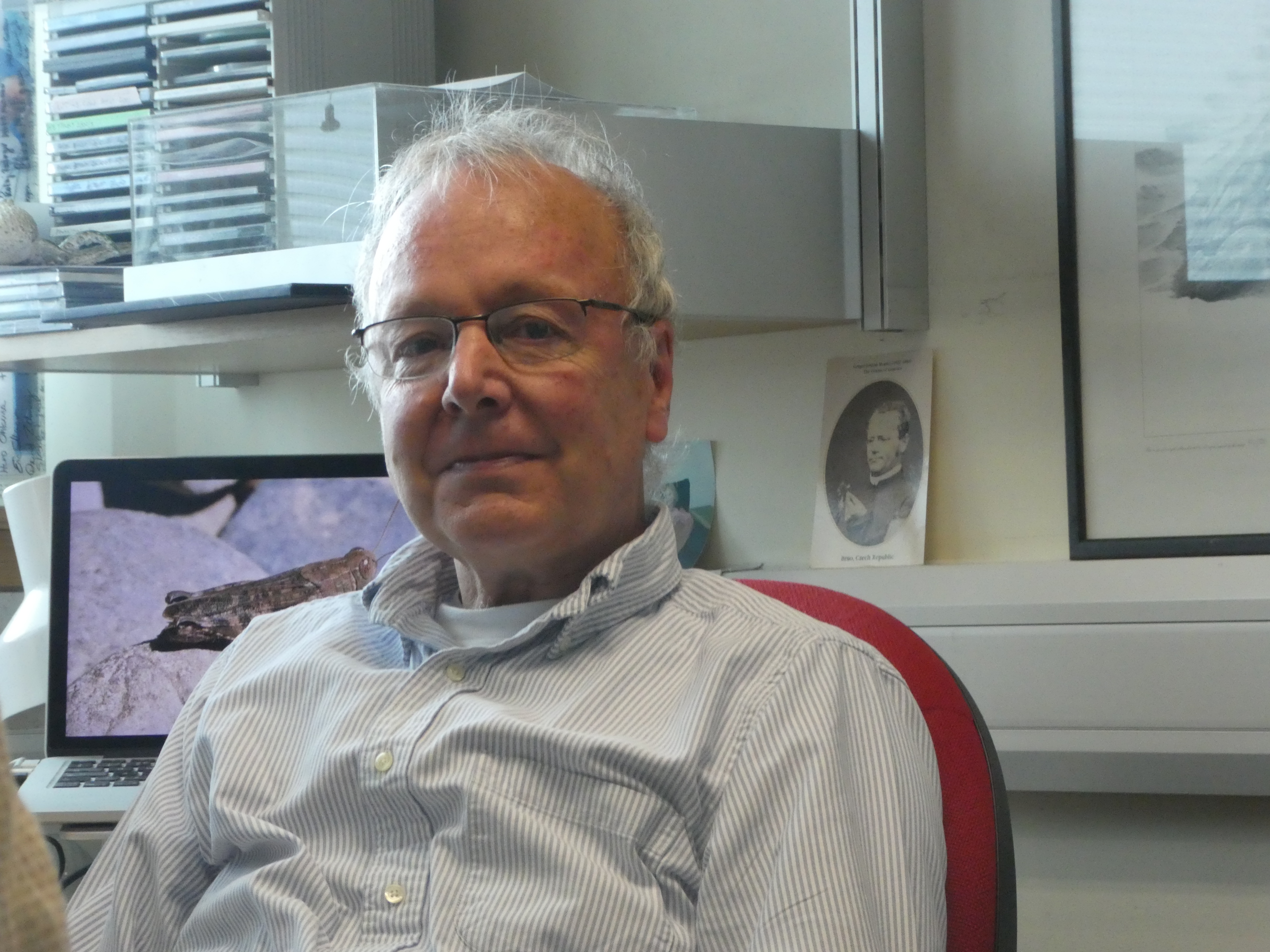Categories: Epigenetics, Molecular Biology

Adrian Bird is a molecular biologist focusing on the biology of the genome and genomic regulation. He graduated in biochemistry from the University of Sussex and obtained his PhD at Edinburgh University. Following postdoctoral experience at Yale University and the University of Zurich, he joined the Medical Research Council's Mammalian Genome Unit in Edinburgh. In 1987 he moved to Vienna to become a Senior Scientist at the Institute for Molecular Pathology. Since 1990, he has held the Buchanan Chair of Genetics at the University of Edinburgh.
Adrian Bird and his working group identified CpG islands in the vertebrate genome, i.e. genomic DNA that is full of CpG sequences that are not methylated and that became understood to be near promoters. He discovered proteins that read the DNA methylation signal to influence chromatin structure. Mutations in one of these proteins, MeCP2, cause the neurological disorder Rett syndrome, and he discovered that the resulting severe neurological phenotype is reversible.
Interview themes:
* Early career; research
on gene amplification and methylation in Xenopus
* The
discovery of CpG islands
* The environment, cellular memory and methylation
* Epigenetics and inheritance
* Epigenetics
and neurobiology
* DNA
methylation patterns and gene expression; the linkage of DNA methylation and
genetics
* Ideas,
testing, and Popper
* The
importance of scientific rigor; the practice of top journals
* The role of "big data"
* Selfish genes and biological complexity
 Interview with Adrian Bird.pdf
Interview with Adrian Bird.pdf
Interview Excerpt
UD: I would like to bring up a topic which is also often related to DNA methylation, namely cellular memory. Henikoff and Greally wrote that though cellular memory has often been claimed to be caused by methylation, there are only a few cases where this memory is attributable to it; in many organisms, methylation does not even exist. What is the cause of cellular memory?
AB: Yes, Drosophila doesn't have any methylation, nor does C. elegans. To me cellular memory is not as remarkable – it doesn't beg for an explanation – because when a cell divides, it's got its transcription factors there, and then it splits in half and afterwards each daughter cell has still got its transcription factors. So any positive feedback loop can re-establish the cell state. It's not a miracle that when something divides in half and both halves have the same constituents, that both continue to be the way they were before.
The same is not true of trans-generational memory, but we’re not talking about that, we’re talking about cells. Regarding the cellular memory conferred by DNA methylation, first of all it’s a rather imperfect memory because by itself it’s quite error-prone and after a few cell divisions is no longer what it was. So you may have to reinforce continuously – in which case it’s not sufficient by itself to memorize cell state. But secondly, except in a few cases of transcriptional shutdown, it doesn’t look as though most gene expression programs are remembered by DNA methylation at all. On top of that, DNA methylation doesn’t seem to be the key component that regulates gene expression, as we were saying before. So if it’s not critically involved in regulating gene expression, then what is being remembered?
Related Interviews: Howard Cedar, Gary Felsenfeld